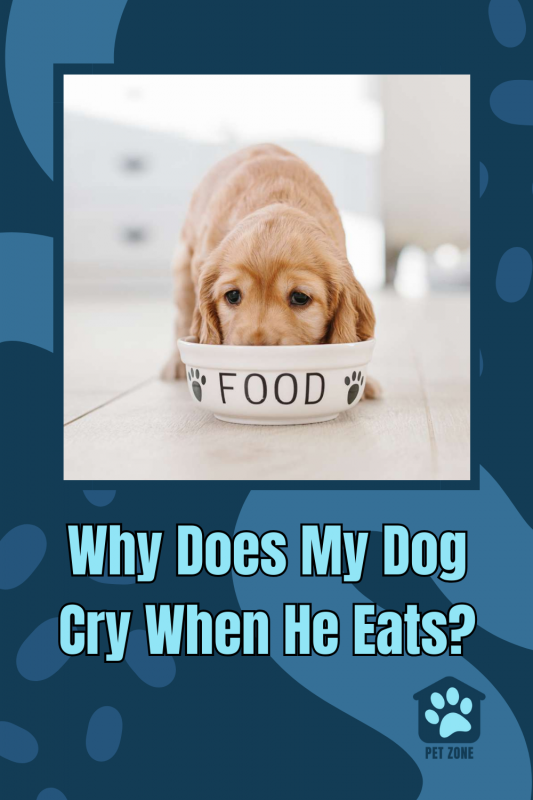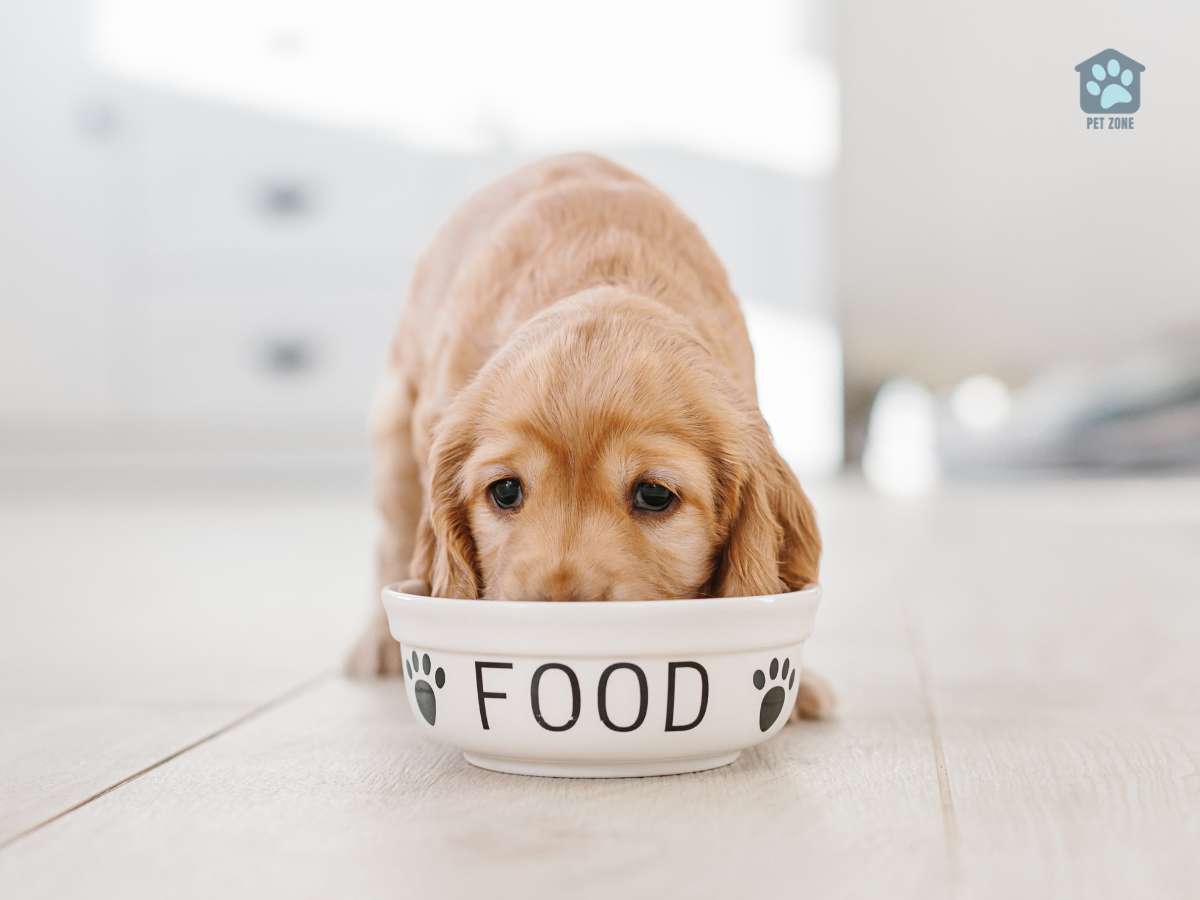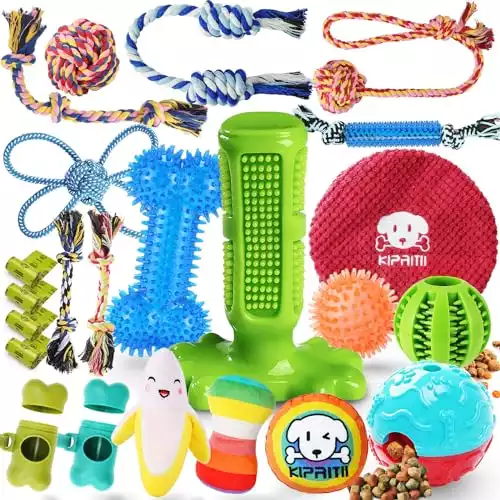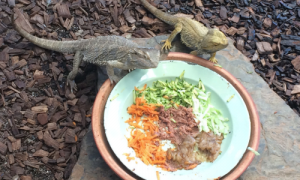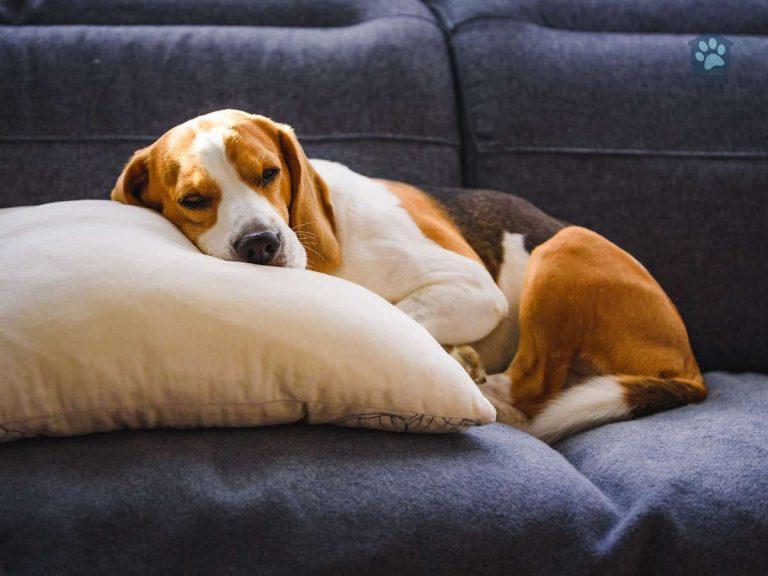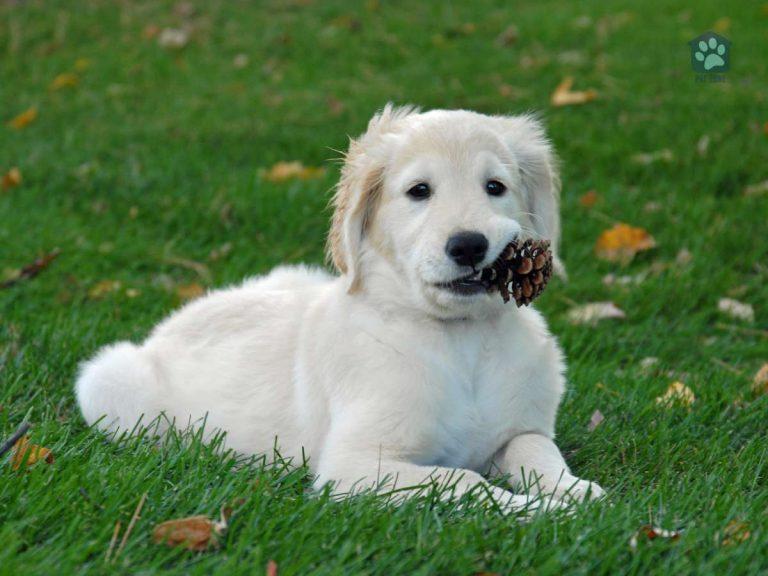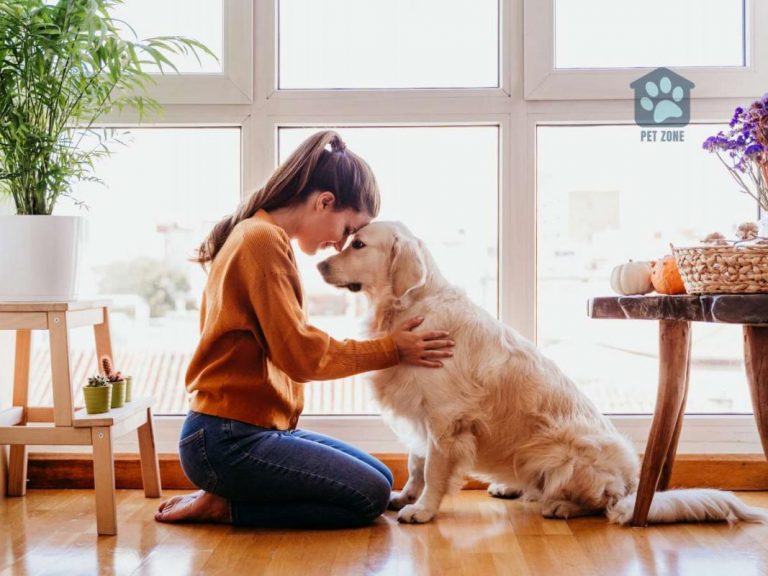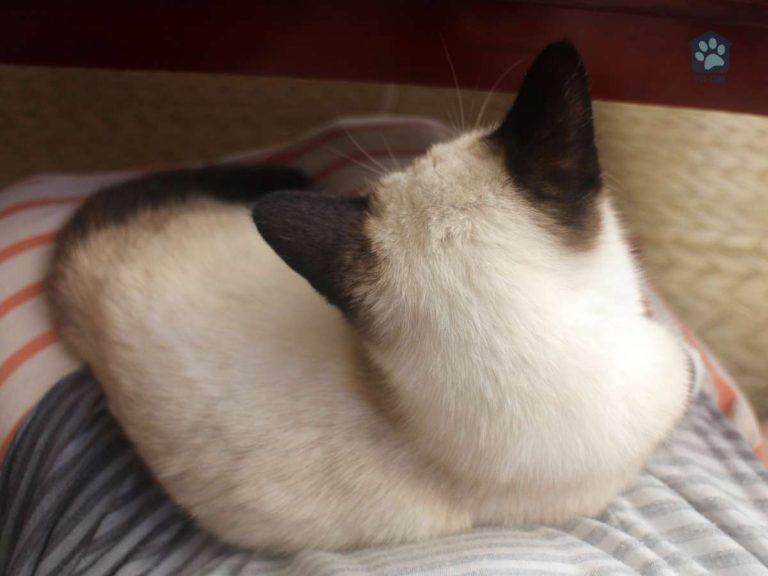Estimated reading time: 5 minutes
As a dog owner, it can be disconcerting to see your furry friend crying while they eat. It’s natural to wonder why this is happening and how you can help alleviate their discomfort.
In this article, we’ll explore the potential reasons behind your dog’s crying during mealtime and offer some tips on how to resolve the issue.
Teething
Puppy teething
One possible reason why your dog might be crying while eating is teething. Just like human babies, puppies go through a teething phase where their baby teeth fall out and are replaced by adult teeth. This process can be painful and may cause your puppy to cry when they chew on their food. Teething typically begins around three to four months of age and can last until your puppy is about six to eight months old.
Teething relief
To help alleviate your puppy’s teething pain, you can offer them toys specifically designed for teething, such as rubber or soft toys that can be frozen. These toys can provide soothing relief for their sore gums while also satisfying their natural urge to chew.
If your puppy’s teething pain seems particularly severe, consult with your veterinarian for additional suggestions or possible medications.
Check out these best-selling dog chew toys for your teething pup! Just the thing to protect your furniture and shoes!
This variety pack keeps puppies engaged and helps with their chewing needs. The toys are made to be safe and durable. They are designed for small to medium-sized puppies and dogs.
The pack includes ropes, squeaky toys, and chew rings. These toys help in cleaning teeth and soothing gums during teething.
Puppies find them fun and they provide a good way to prevent boredom.
- Great variety of toys
- Cleans teeth and massages gums
- Stress relief for your pup
Oral pain
Dental issues
Dental problems, such as tooth decay, gum disease, or an abscess, can cause your dog pain when they eat. Regular dental check-ups with your veterinarian can help identify these issues early and prevent further complications.
Brushing your dog’s teeth daily and providing dental chews can also help maintain their oral health.
Mouth injuries
Mouth injuries, such as cuts or sores, can cause your dog pain during mealtime. These injuries may be caused by chewing on a sharp object, rough play, or an accident.
If you suspect your dog has a mouth injury, examine their mouth carefully and consult your veterinarian for treatment options.
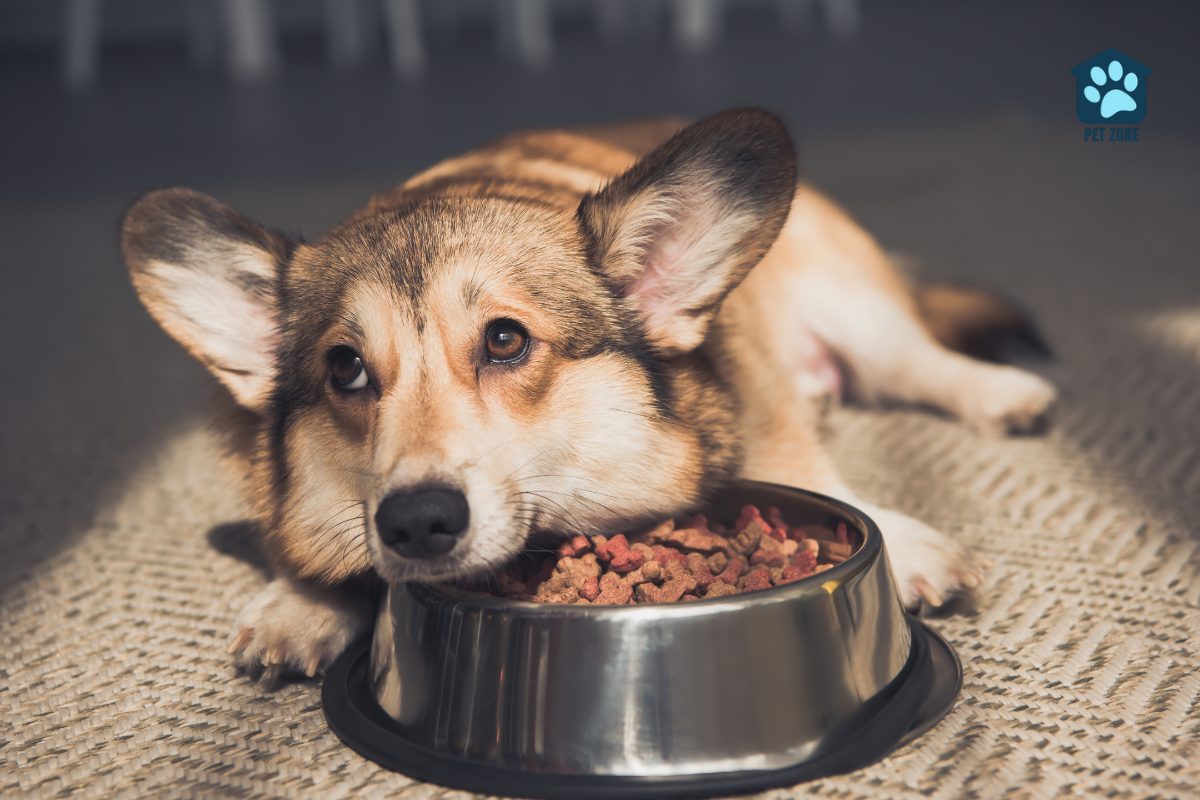
Foreign object
A foreign object stuck in your dog’s mouth or throat can cause discomfort and make it difficult for them to eat without crying. Common objects include bones, sticks, or toys.
How to check
To check for a foreign object, gently open your dog’s mouth and look for anything unusual. Be careful not to push the object further down their throat. If you’re unsure or uncomfortable with this process, it’s best to consult your veterinarian.
Removing the object
If you’re able to see the object and can safely remove it, use a pair of tweezers or your fingers to gently extract it.
However, if the object is lodged too deeply or you’re unable to remove it without causing further harm, seek immediate veterinary assistance.
Food-related issues
Food allergies
Food allergies can cause your dog discomfort when eating. Signs of a food allergy may include itching, skin irritations, gastrointestinal issues, and, in some cases, crying during mealtime.
If you suspect your dog has a food allergy, consult with your veterinarian to determine the best course of action.
Food sensitivities
Food sensitivities, while not as severe as allergies, can still cause your dog discomfort when eating. Sensitivities can manifest as gastrointestinal issues, skin irritations, or general discomfort during mealtime.
To determine if your dog has food sensitivities, your veterinarian may recommend an elimination diet to pinpoint the problematic ingredient(s).
Behavioral issues
Anxiety
Anxiety can cause your dog to cry during mealtime. Dogs with separation anxiety may become distressed when their owner leaves the room, even if it’s just for a moment. To help alleviate anxiety, try feeding your dog in a quiet, stress-free environment, and remain nearby until they finish eating.
Attention-seeking
Some dogs cry while eating as a way to gain attention from their owner. This behavior may develop if the dog has previously received attention, treats, or praise while crying during mealtime. To discourage this behavior, ignore your dog’s cries and reward them with praise or a treat only when they eat quietly.
Conclusion
There are several reasons why your dog might cry when they eat, ranging from teething and oral pain to behavioral issues. By carefully observing your dog and consulting with a veterinarian, you can determine the root cause of the problem and find an appropriate solution. Remember, a happy and healthy dog makes for a happier owner!
Frequently Asked Questions
If your dog cries when eating hard food but not soft food, they may be experiencing dental issues or mouth pain. Soft food is easier to chew and may not cause as much discomfort. Consult with your veterinarian to determine the cause and appropriate treatment.
A change in diet could cause your dog to cry while eating if they are sensitive or allergic to a new ingredient. If you suspect this is the case, discuss the issue with your veterinarian and consider reverting to their previous diet.
If your dog’s crying is accompanied by signs of physical discomfort, such as pawing at their mouth, drooling, or difficulty chewing, it’s more likely to be pain-related. If the crying occurs only when you are nearby and stops when you give them attention, it may be attention-seeking behavior.
If your dog suddenly starts crying while eating, it’s essential to investigate the cause. This behavior may indicate a new dental issue, injury, or foreign object. Consult with your veterinarian if you’re unsure of the cause or if the problem persists.
To help prevent dental issues, provide your dog with dental chews, brush their teeth daily, and schedule regular dental check-ups with your veterinarian.
As an Amazon Associate I earn from qualifying purchases.
